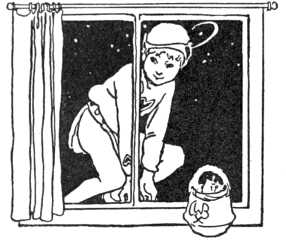Students Audition for New Season of Theatre
The start of the new school year heralds a new season of theatre and every production on stage begins the same way: auditions.
“I think [auditioning] is both terrifying and rewarding at the same time, no matter how many years you’ve been in it. I always get butterflies whenever I audition, and I’ve learned being nervous is actually a positive thing, you know it’s a driving energy. It helps you channel whatever character you’re reading for,” Colin Wright, senior, said.
Auditioning for shows can be a lengthy, adrenaline-fueled process, each actor getting on stage to showcase his or her unique acting talent.The mainstay of auditions is readings, students are given excerpts or scenes from the script, and are asked to perform them “cold”, which means without any rehearsal, or “hot”, which allows actors to run lines before performing the selection. In either instance, actors are forced to put on their best face very quickly, which can be somewhat daunting, as the auditions determine if an actor is cast in the production, and if so what part he or she gets.
“Well the audition process itself, you would think you’d be really nervous because it’s your peers and you’re doing things you’re not comfortable doing, this out of the box kind of stuff. But it just really felt supportive. You weren’t afraid because everyone else was okay with it. Everyone was in high spirits so it felt really good,” Shaan Samo, junior, said.
There are many skills to auditioning in theatre. Ideally, Actors must be able to project their voice loudly and clearly across the auditorium, so that the lines they deliver can be heard easily from any seat in the house. Directors also look for characterization from an actor, not only from body language, but also in voice inflection.
“[I look for] people who are unafraid, especially to take a chance at least as an actor. Whether it’s character choices, whether it’s just being able to put themselves out there and do something unique. Also someone who has a lot of charisma, stage presence. People who are loud. It’s always good to be able to be heard on stage. Some of it’s to do with how I see a character from a directing standpoint, but really I’m just looking for someone I would be able to watch for two hours,” Derek Jensen, acting teacher, said.
Overall, auditioning can be a roll of the dice. During most productions, there are not enough parts for the amount of people auditioning, and sometimes hopeful actors have to audition for multiple shows before they get a part. But rejection is a very real part of many aspects of theatre, one actors must simply cope with.
“Especially as an actor, you just have to be used to being rejected, but don’t take it personally. It doesn’t necessarily have anything to do with your talent. Auditioning like anything else is a very real skill that I don’t think many people recognize, and think about as a skill one can learn and get better at, but it really is,” Jensen said. “You just really have to accept that rejection is part of the theatrical process and not let it discourage you. Don’t let it make you feel like you’re not good enough to be on stage.”









